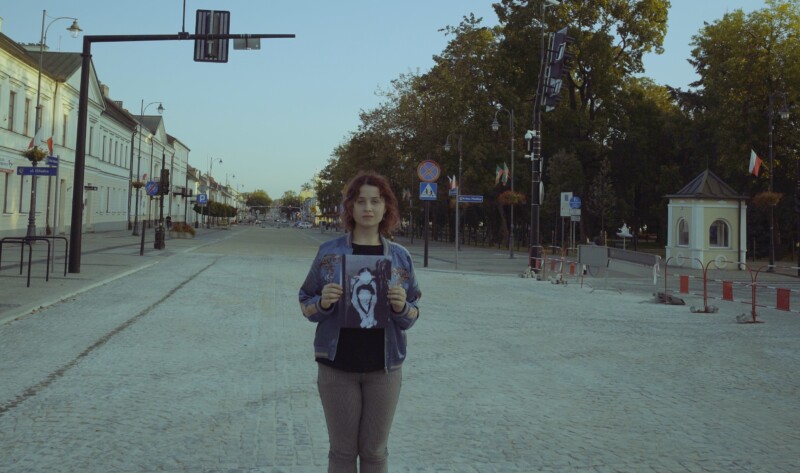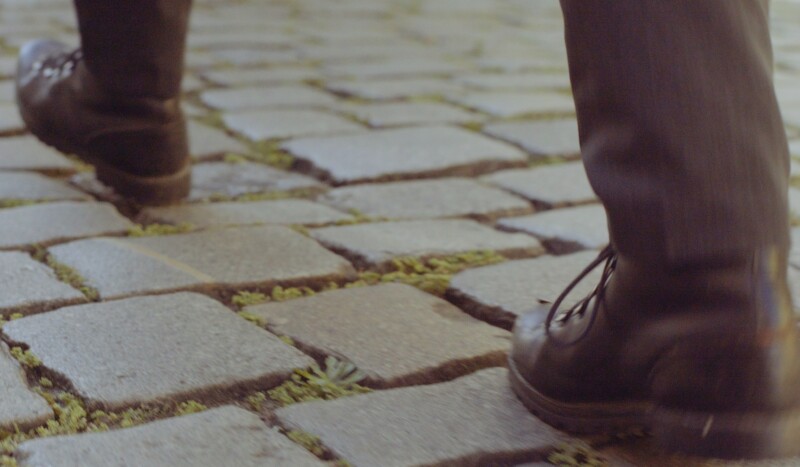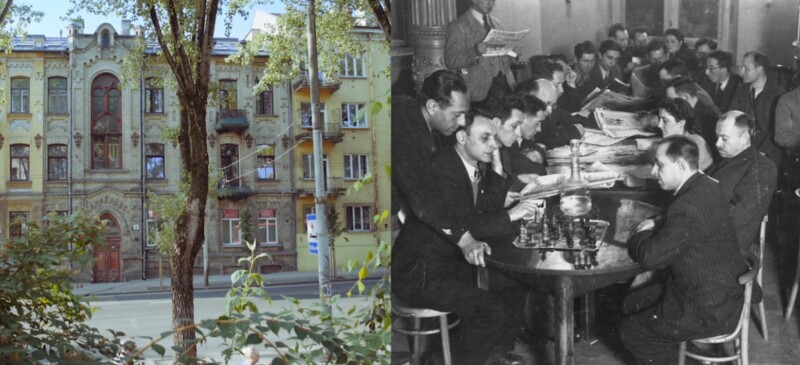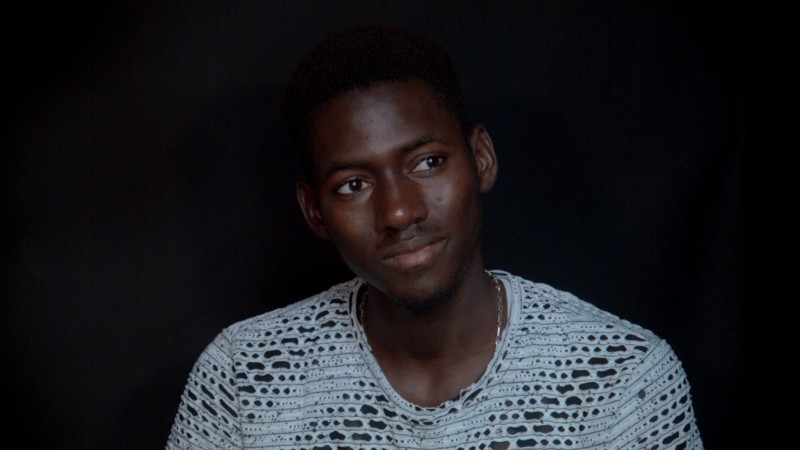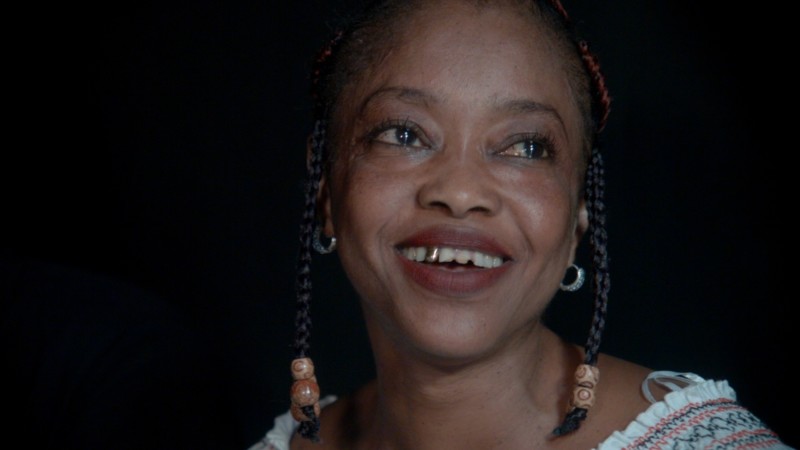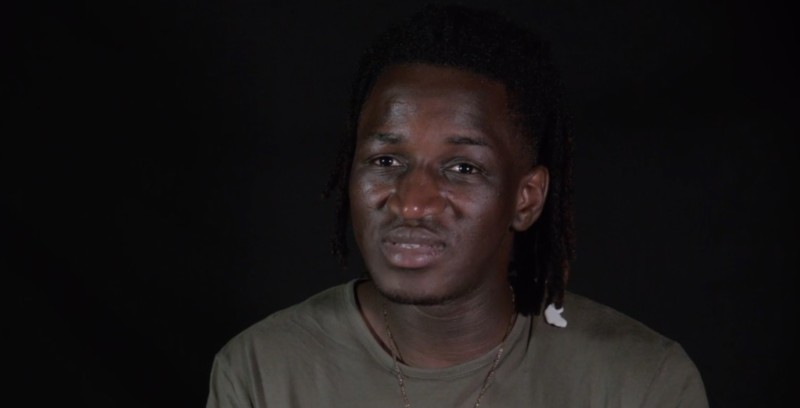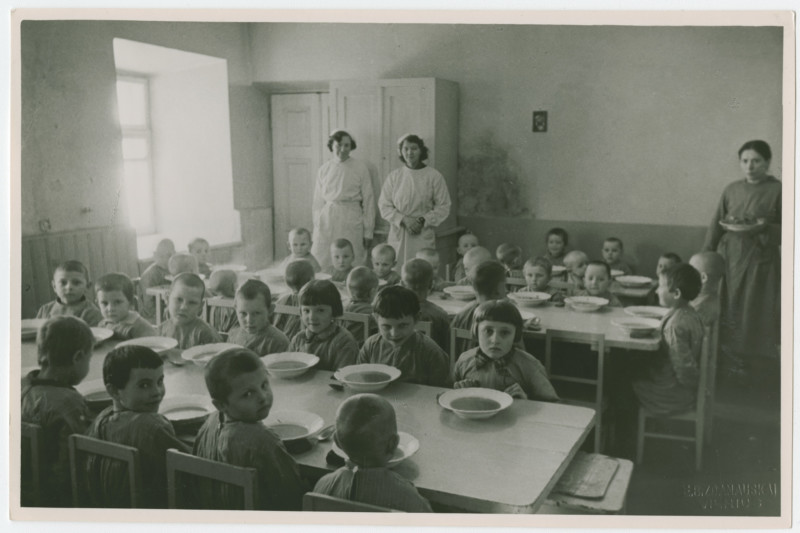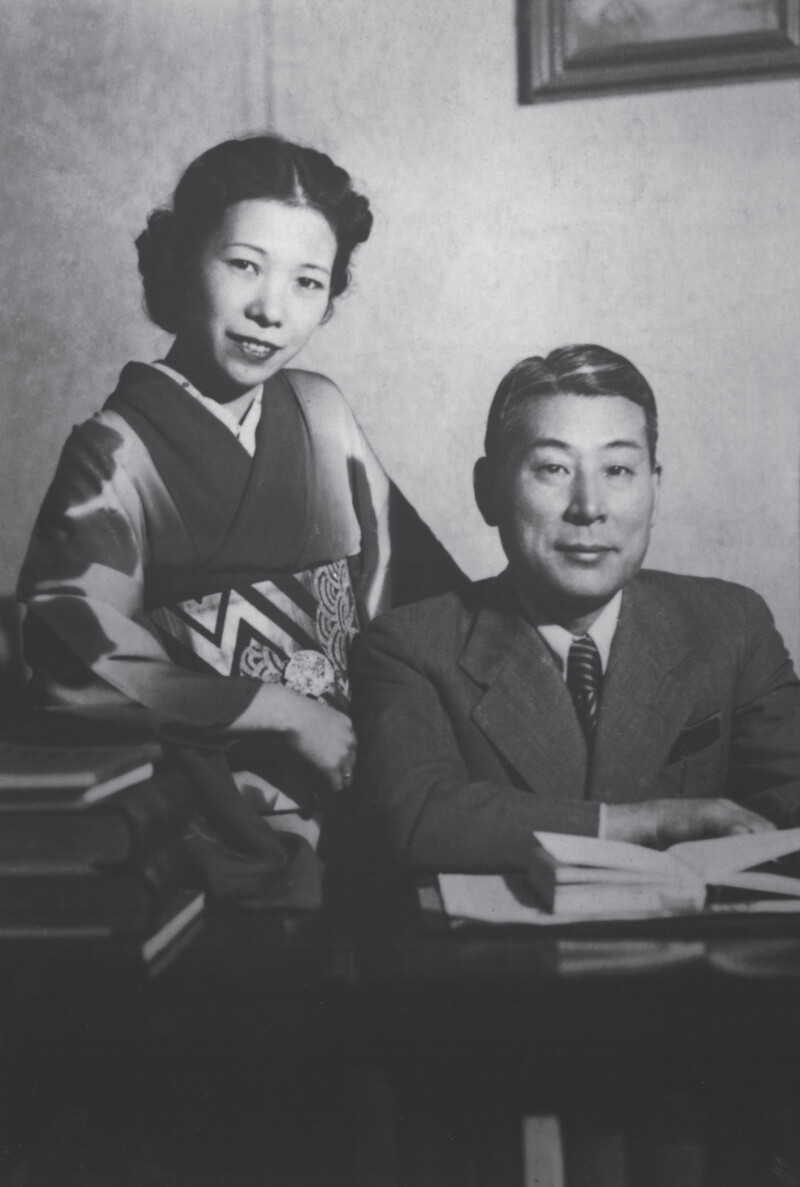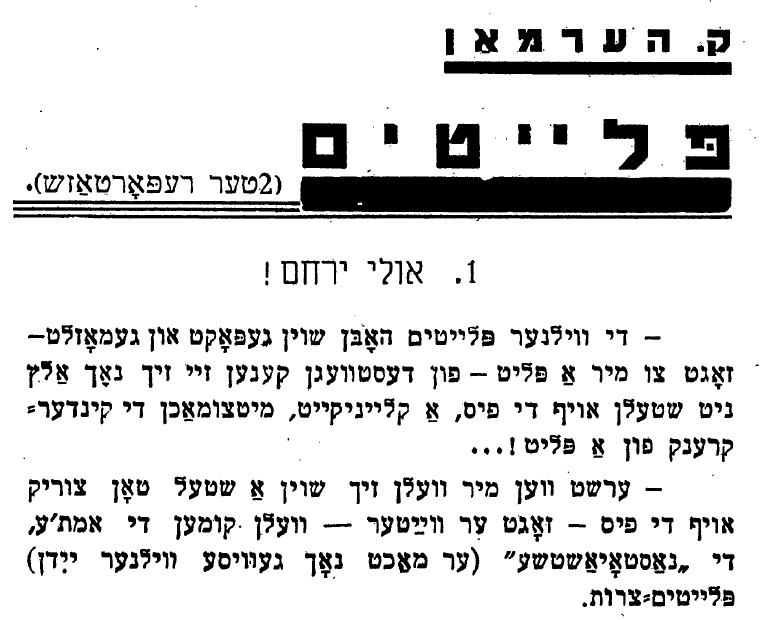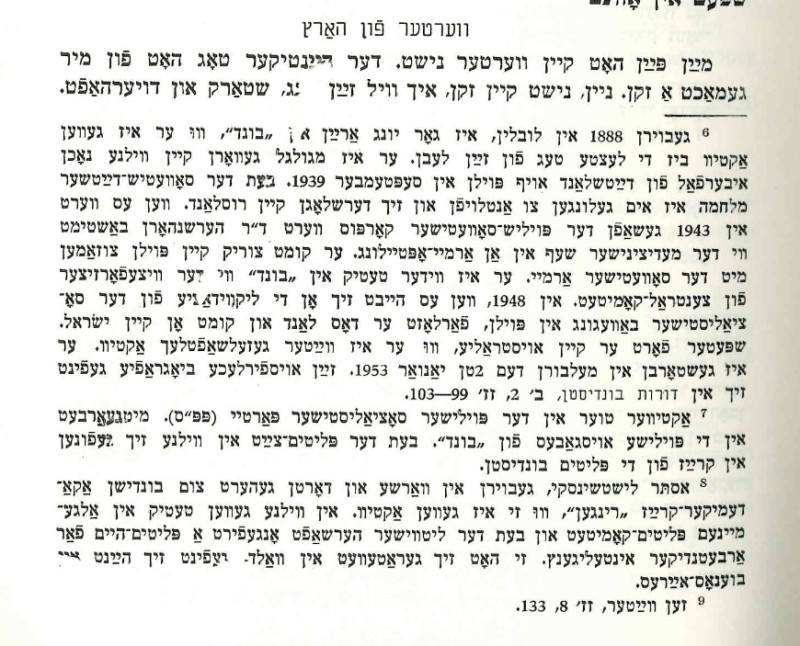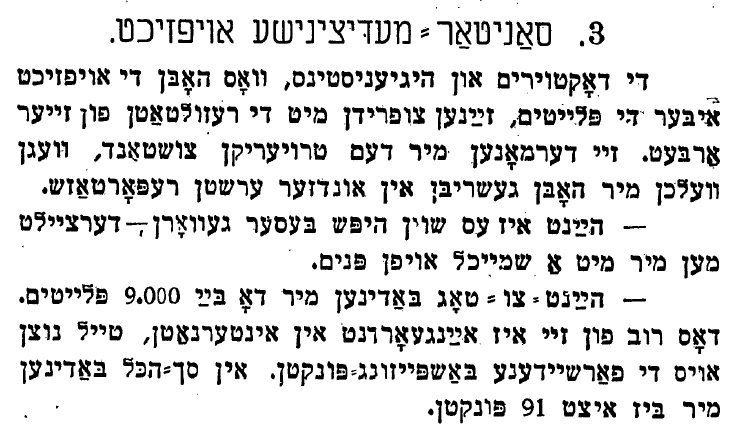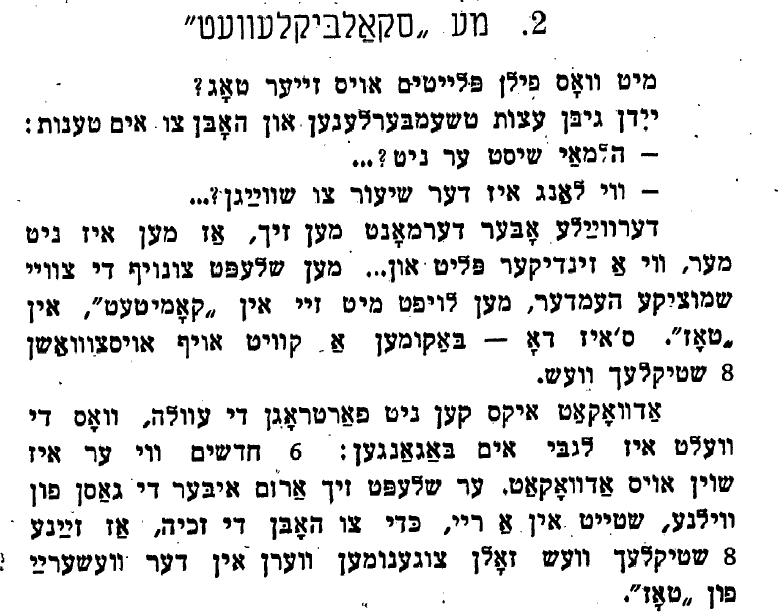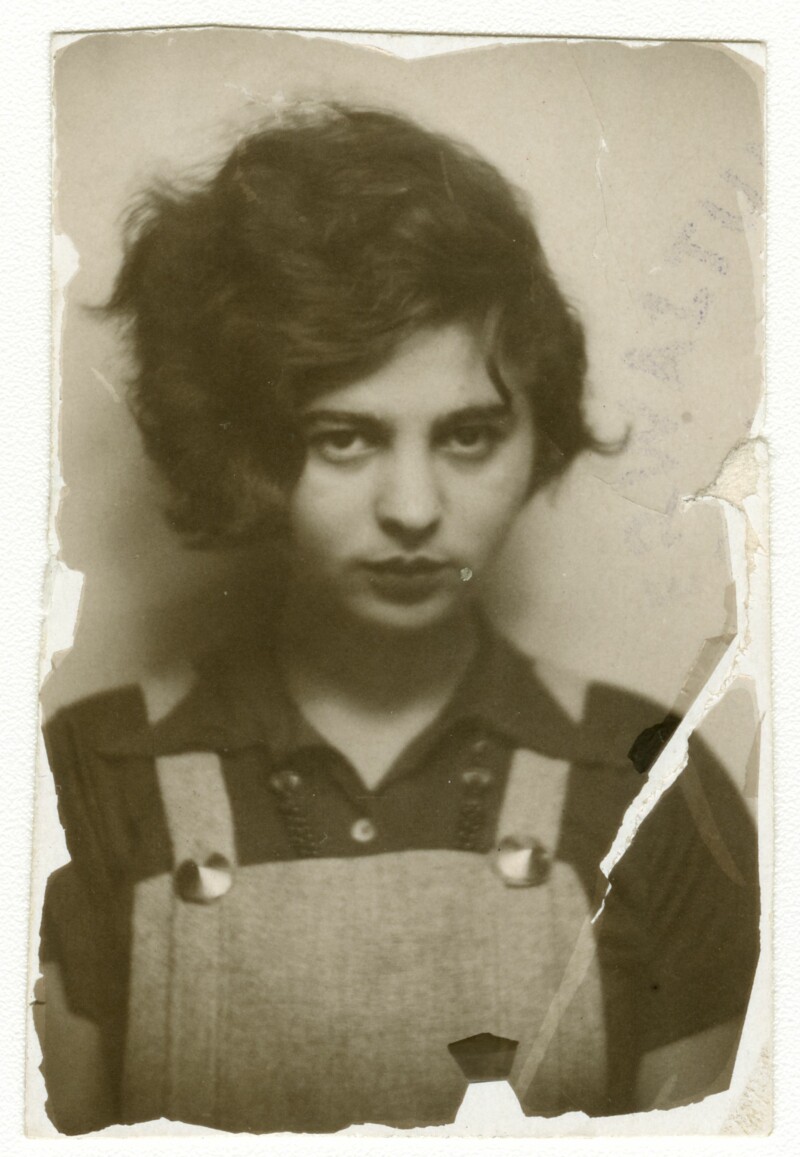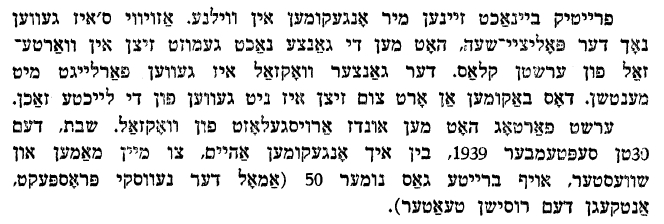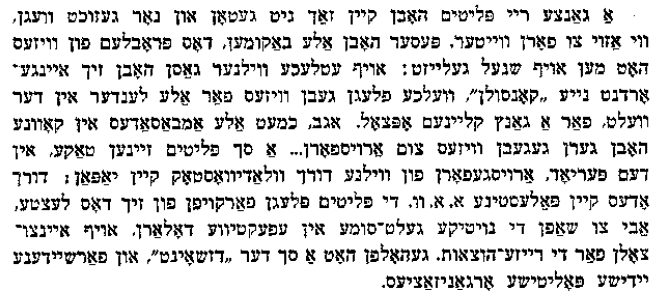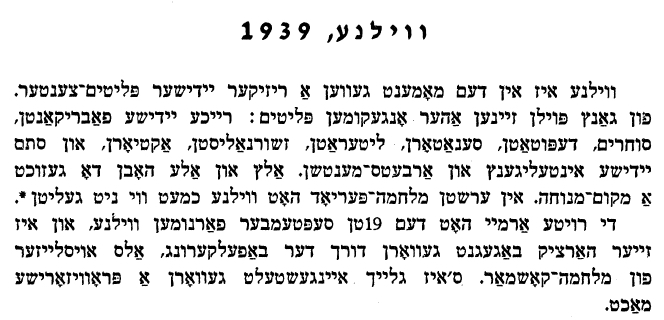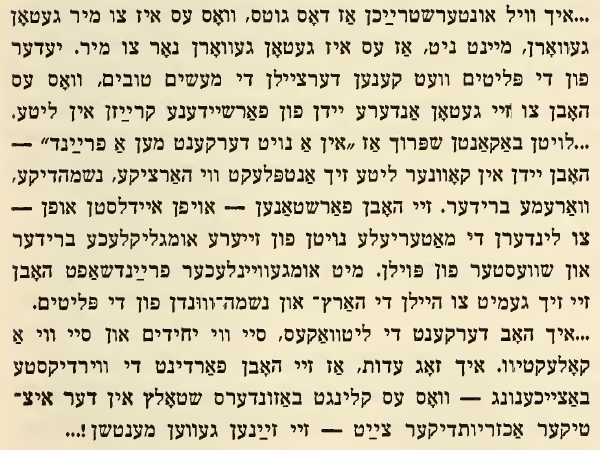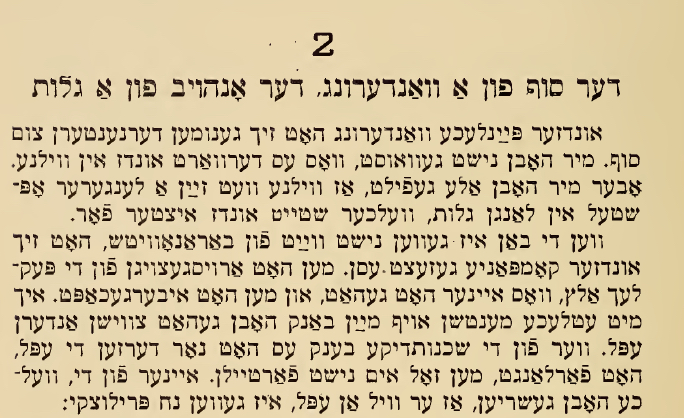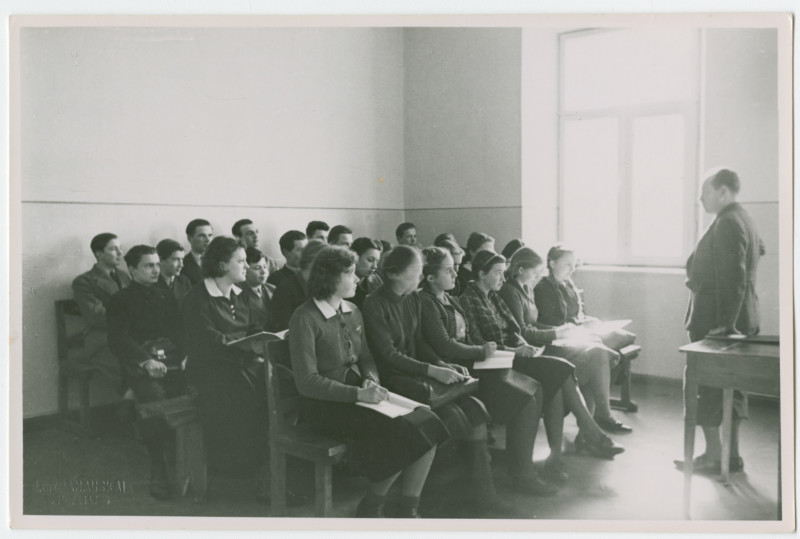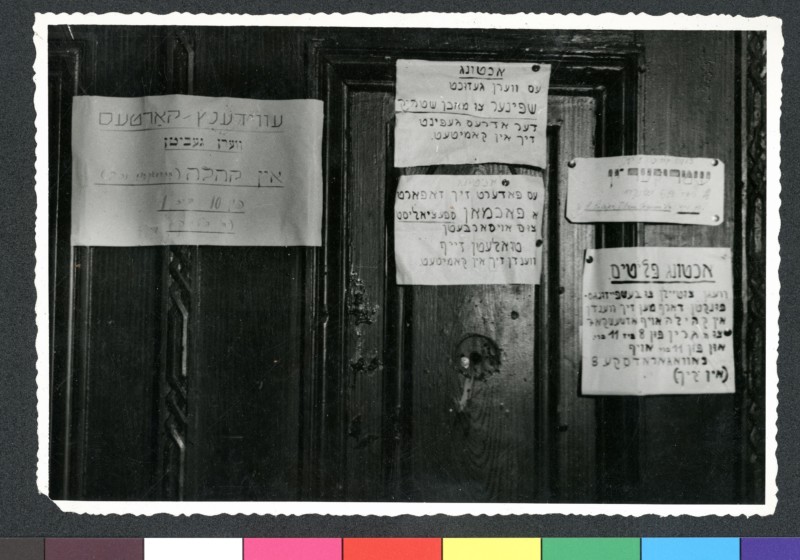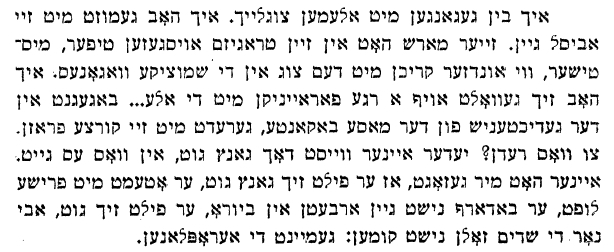Before the war, Estera (born in Kalisz) and Michał Weyland (born in Zgierz), their son Marcel and their daughters Halina and Maryla, lived in Łódź. “At home, we spoke only Polish. I barely knew any Yiddish. To me, it was a foreign language. Our family was not especially religious. My father was a manufacturer, specializing in chemicals. In Poland, he was the representative of the Danish company Arkus Olje Fabrik”, said Marcel Weyland in an interview for POLIN Museum of the History of Polish Jews. His mother looked after their home.
When the war broke out, the family decided to flee eastward along with Halina’s husband, Bolesław Jakubowicz, and taking only a few essential items and valuables with them. Via Warsaw and Lublin they reached Vilnius, where they remained for several months. Marcel was sent to a Jewish school with Yiddish as the language of instruction – a language unknown to Marcel. Vilnius was one of the meccas of the Yiddishist movements and modern Yiddish schools was one of its major achievements. After a short period, however, Marcel switched schools to curricula instructed in Polish.
Had they stayed in Vilnius, when Lithuania was first occupied by Soviet forces in June 1940 and incorporated into the Union in early August 1940, the Weylands could have attained Soviet citizenship. But they decided to travel further eastward, like many others, which turned out to be a prophetic evaluation of the situation. They were able to obtain visas from a South American country but, in order to get there, they needed transit visas.
They received these from Sugihara Chiune, the Japanese Consul in Kowno, who was awarded the title of Righteous Among the Nations for his rescue activities by Yad Vashem in 1985. In April 1940, the family began its train journey to Japan:
“I remember how we travelled through Moscow. They told us that the train would stop there and would stay they for several hours and that it would leave at five o’clock. […] We went off to see the cathedral and the Kremlin, and casually returned an hour before the planned departure. But there was no train – it had left. Fortunately, there was a taxi at the station and so we chased after the train in that taxi and caught it at the next station. Somehow, we managed to get back onto the train. Over the next three weeks, the train passed through Sverdlovsk, Tomsk, Novosibirsk, around the Baikal River to Birobidzhan”.
The Weyland family reached Japan by ocean liner. Legally, they were permitted to stay for ten days, but they turned out to stay in the country for seven months. The American Jewish Joint Distribution Committee assisted to find accommodations. Once the Japanese government realized that the Weyland family were staying illegally, they were given a five-day-ultimatum to leave.
With the help of Tadeusz Romer, the Polish Consul in Japan, they got to Shanghai where they lived in a camp for stateless persons. Shortly after their arrival, Michał Weyland died. Marcel attended a Jewish school there and learned English. His sister Maryla managed to go to Sydney and the rest of the family followed.
Marcel Weyland still lives in Australia.
Courtesy of POLIN Museum of the History of Polish Jewry | Stories of Refuge
Interview: Klara Jackl (researcher), Przemysław Jaczewski (operator), POLIN Museum (2015)
Implementation: Artur Królicki, TakTo (2017)
Translation: Andrew Rajcher
Music: Kevin MacLeod licensed under Creative Commons – Attribution 3.0 (CC BY 3.0)

